Beyond A levels
What's new at the six
New degree programmes, curriculum changes, and a common course - all these at Singapore's six universities in the coming academic year. Tay Hong Yi reports.
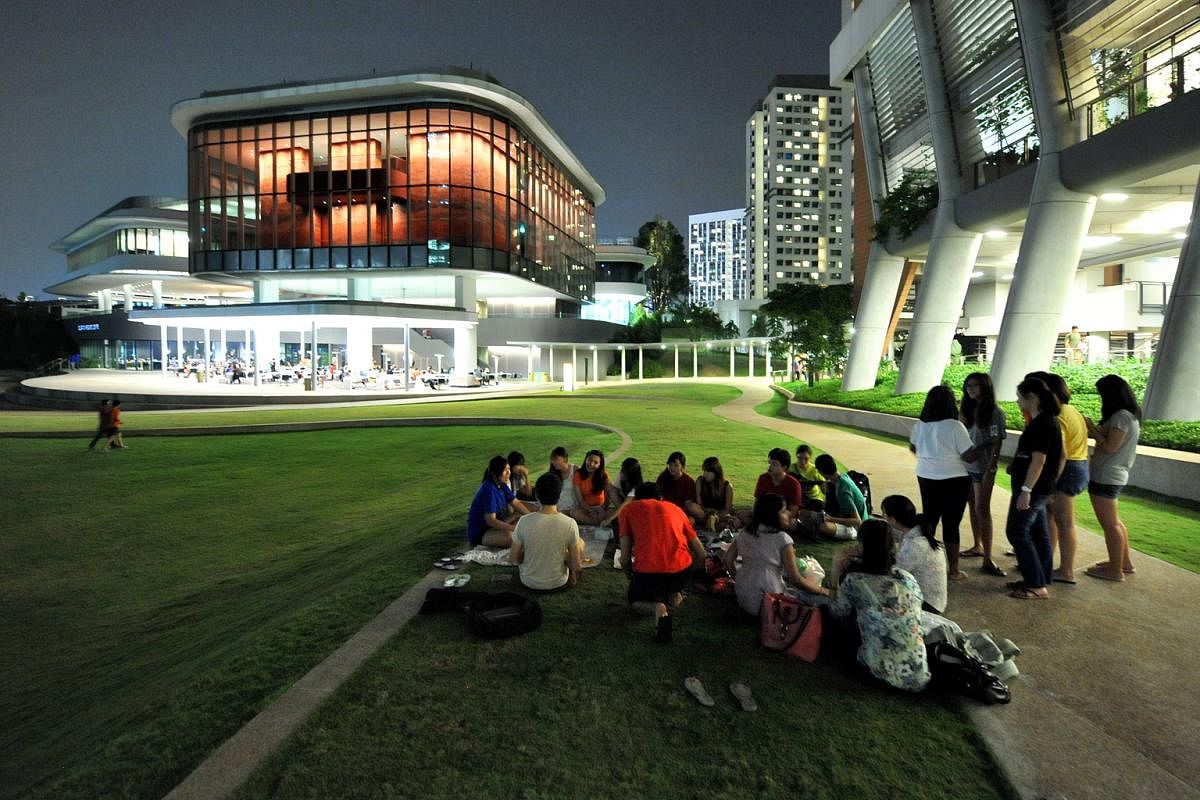

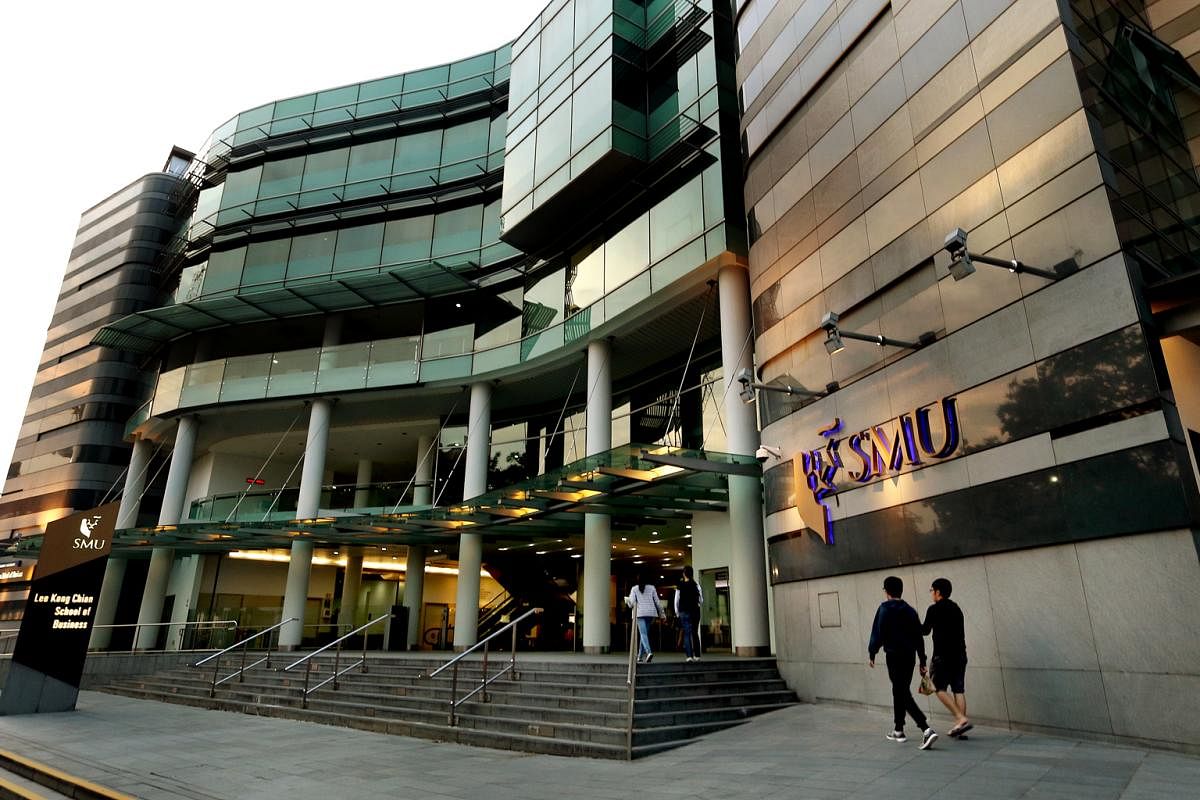
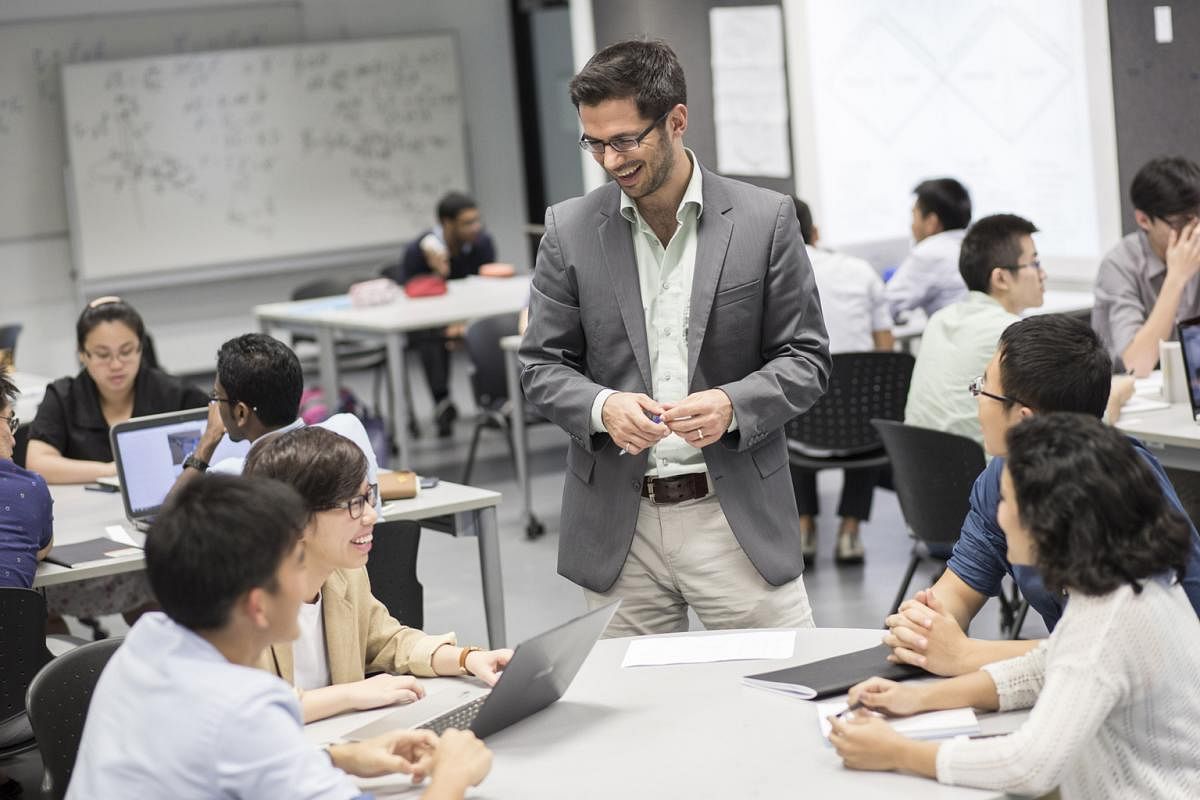
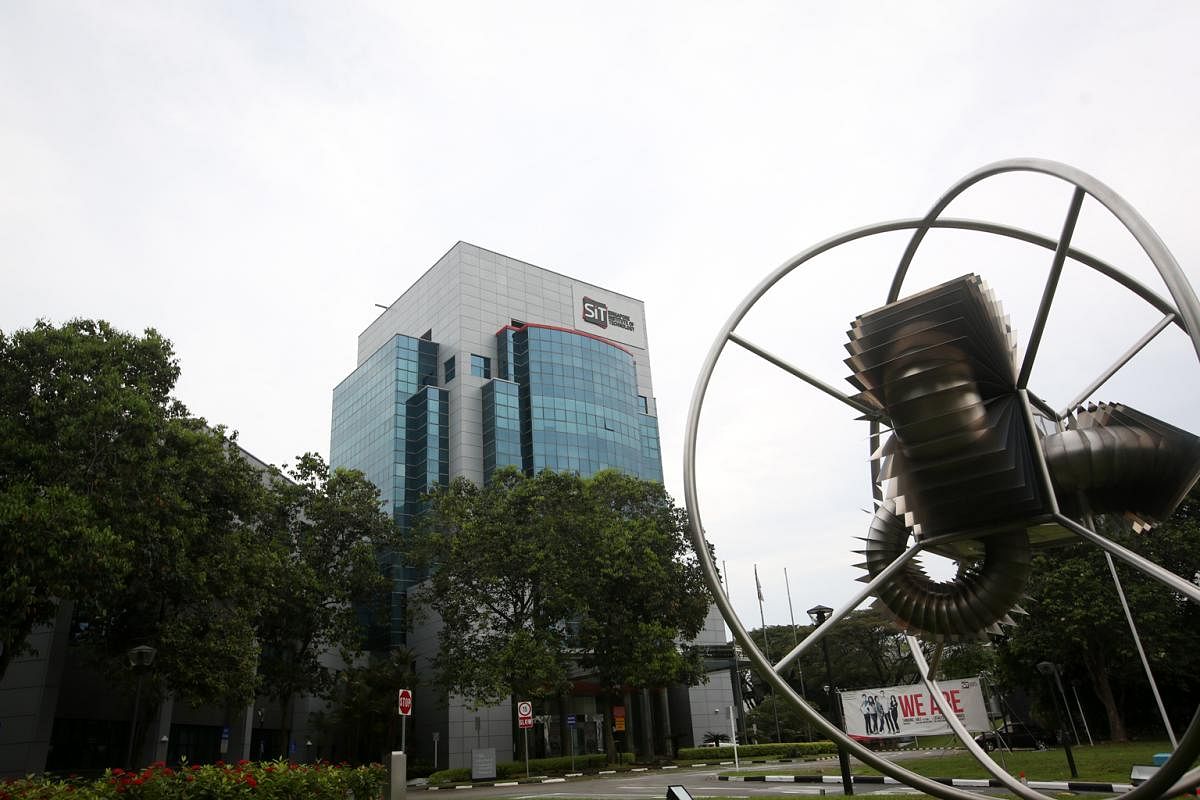
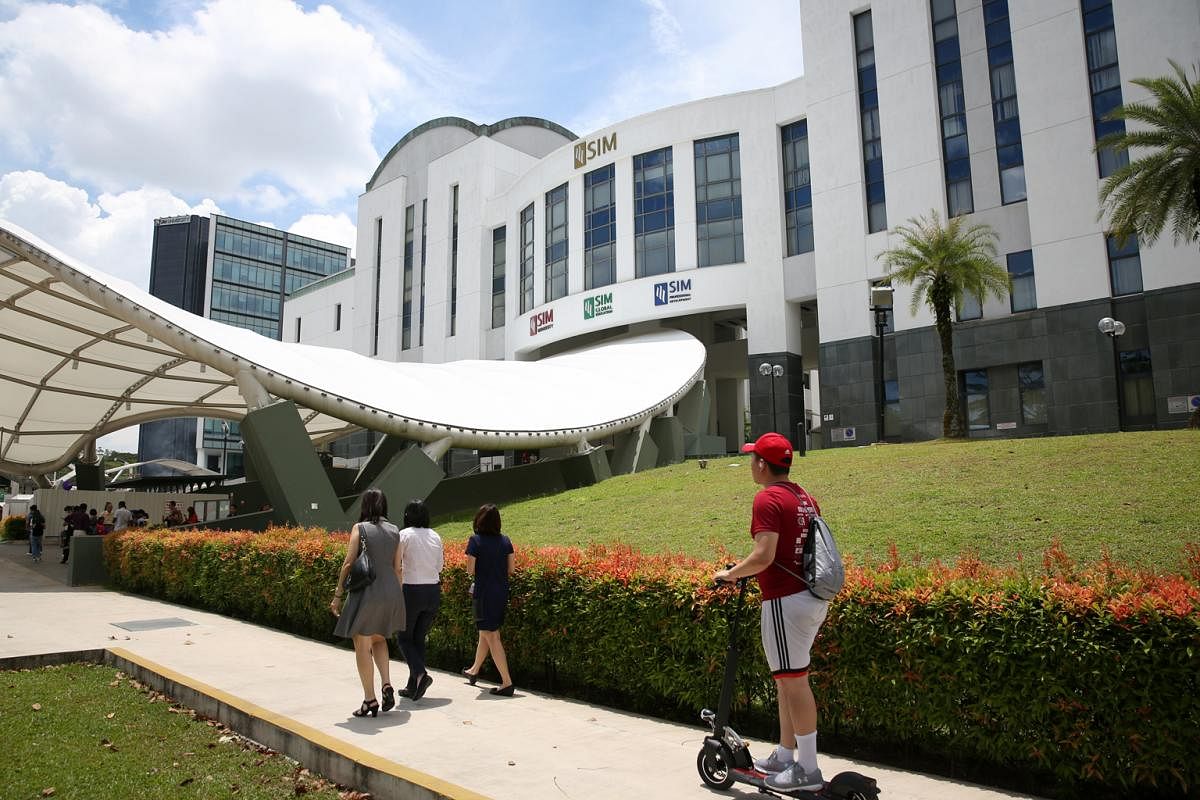
All six universities are offering a common course for the first time.
Named Singapore: Imagining the Next 50 Years, the course aims to help students understand the socio-economic challenges that Singapore grapples with. It also seeks to promote creative thinking in seeking solutions to these challenges.
Launched last month at the National University of Singapore (NUS), Nanyang Technological University (NTU), Singapore Management University (SMU) and Singapore Institute of Technology (SIT), the course will be offered at the Singapore University of Technology and Design (SUTD) and SIM University (UniSIM) in the second half of this year.
NUS
Direct admission to double major degrees
Prospective students can opt for direct admission to about 70 new double major or major-minor combinations in 16 subject areas, including business, the humanities and social sciences, as well as science and technology. Examples include a life sciences with management double major, or business administration with a minor in psychology.
The NUS School of Computing has also revamped its information systems degree programme to better serve industry needs.
Starting from the 2017/2018 academic year, developing architectures, systems and applications for enterprise environments will be a key area of emphasis in the first two years of the degree.
Students will receive foundational training in those fields, before proceeding to take advanced modules that may culminate in a specialisation in fintech, digital innovation or e-commerce for their final two years.
NTU
Interdisciplinary group of courses
For the upcoming academic year, students at NTU's College of Humanities and Social Sciences may select up to two courses from other disciplines to fulfil the requirements of the major in their degree programme.
The four schools at the college are also introducing an interdisciplinary group of courses from which students can select.
The School of Social Sciences and the School of Humanities are currently piloting the initiative, and the School of Art, Design and Media and the Wee Kim Wee School of Communication and Information will introduce it in the next academic year.
New minors include Film Studies, Global Asia, and Urban and Environmental Studies.
A new cross-disciplinary minor in Science, Technology and Society will also be introduced later this year.
Students admitted to the School of Art, Design and Media can look forward to a refreshed curriculum that better unites existing specialisations.
SMU
Major in smart city management and tech
For the upcoming academic year, SMU will offer a new major in smart city management & technology, an inter-disciplinary major offered by the School of Information Systems, in collaboration with the School of Social Sciences.
The inaugural class will admit up to 40 students.
The university has also revised the curriculum for its information systems degree programme.
The revised core curriculum in the first two years of study focuses on creating business and social value, by developing information technology solutions using innovation methods and emerging technologies.
From their third year of study onwards, students in the revamped programme can also choose from six specialisation options in fields such as fintech and cognitive systems.
They may either opt for two specialisations or one specialisation and a second major from any of the other five schools at SMU.
Strong applicants can be admitted directly into integrated master's degree programmes.
SUTD
In Step with tech entrepreneurship
For the upcoming academic year, the university has launched the SUTD Technology Entrepreneurship Programme (Step).
It is a 41/2-year premier integrated programme where students will graduate with either a bachelor of science or engineering and a master of science in technology entrepreneurship.
In their fourth year, students will spend the first term in the United States, pursuing entrepreneurship courses at Berkeley, followed by a four-month work immersion in the Bay Area, and then another term in a Chinese university like the Zhejiang University School of Management.
In the last two terms, students have to do a technology entrepreneurship capstone project (final year) as well as an individual master's level dissertation.
Interested applicants can apply to the Step programme at sutd.edu.sg/apply. They need to indicate their intent to apply for the Step programme and submit a 300-word response on their experience and interest in entrepreneurship. Shortlisted candidates are required to attend an interview with SUTD, and successful applicants will be awarded scholarships.
SIT
Six programmes offered as joint degrees
SIT will offer a new civil engineering degree programme, and convert six of its existing Overseas University programmes to joint programmes for the academic year.
These six programmes will now be offered as joint degrees by SIT and Newcastle University. They will incorporate the integrated work study programme, a feature of SIT's current degree offerings.
Together with the existing joint degrees that SIT offers with the University of Glasgow, Trinity College Dublin and DigiPen Institute of Technology, the school will have a total of 11 joint degrees.
SIT and the University of Glasgow have also partnered to introduce a civil engineering course. It is a three-year bachelor of engineering (honours) programme that is integrated with a one-year master in engineering technology programme.
SIT will also offer the SkillsFuture work-study degree programmes in information security, software engineering, hospitality business, electrical power engineering and civil engineering. It is an apprenticeship scheme that lets students take on jobs and study for degrees concurrently.
UniSIM
Two new full-time degree courses
UniSIM will add two new full-time degree programmes in early childhood education and business analytics, and raise its intake to 580 this year.
The early childhood education course is distinguished by its extensive field work requirement for students, amounting to a whole year.
Students will have to do a six-month attachment at a kindergarten or childcare centre, and for the other stints, they can be attached to places that offer children's programmes, such as museums, children's theatre groups and zoos.
The school also introduced an apprenticeship degree programme in finance and business analytics.
The 12 partnering organisations - a mix of local companies, multinational corporations and government agencies such as the Cyber Security Agency of Singapore - will not just offer internships but also co-develop and co-deliver the degree programmes.
They will also sit on the admissions panel to select students for the programmes.
Join ST's WhatsApp Channel and get the latest news and must-reads.
A version of this article appeared in the print edition of The Straits Times on February 27, 2017, with the headline What's new at the six. Subscribe

